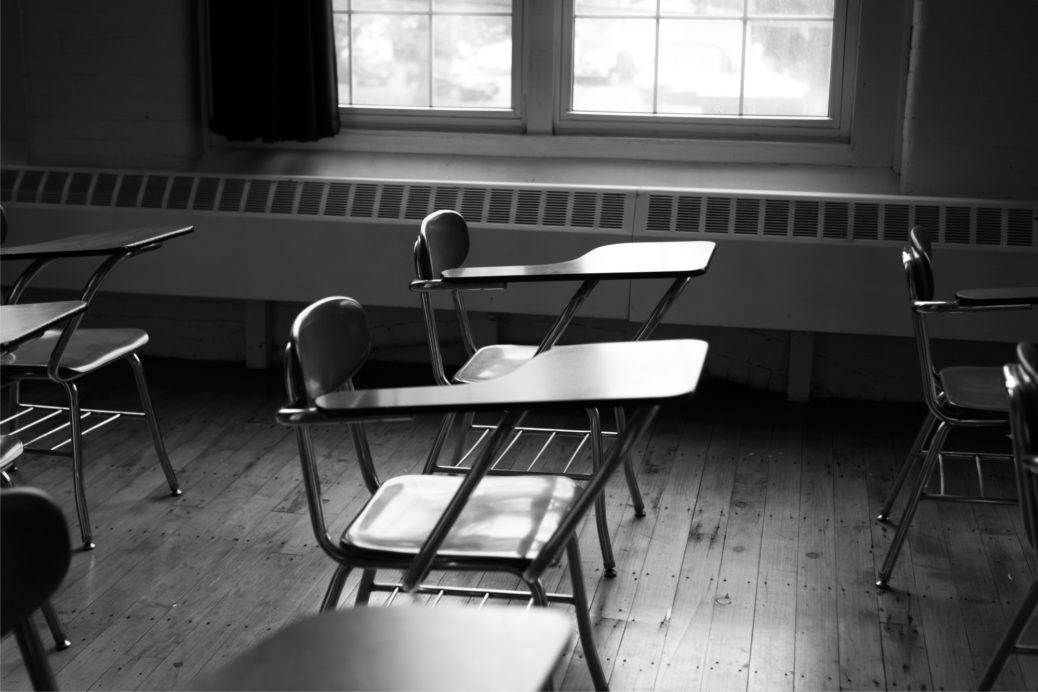By Valerie Karigitho, Education Support Programe (ESP) intern
Global Action Week for Education is a concentrated week of global action in support of the human right to quality, inclusive universal education. Since Action Aid and OXFAM joined forces to campaign to end child labor in 1999, other advocacy campaigns have taken place, including “Fund Education Now,” “My Education My Rights” and “Fund the Future.”

Global Action Week for Education 2021 is focused on education financing and calls upon #OneBillionVoicesforEducation to push for increased public financing of education, to make it inclusive and equitable for all. Further, Global Campaign for Education has recommended that state funding amounts for education amount to 20% of public expenditure, increases in teacher recruitment and remuneration, and an expansion of the tax base in order to increase resources. Additionally, the push for public financing should prioritize marginalized groups, with governments taking the experiences of those most affected by education inequities into account.
As a core obligation set forth by the Abidjan Principles, Overarching Principle 5, underscores the need for states to prioritize the funding and provision of free, quality, public education. In alignment with this mandate, the Kenyan government has been one of the few countries in sub-Saharan Africa to sustainably fund education. Kenyan government expenditure on education was 16.65% in 2015, which subsequently increased to 26% (KSH 473B) and 29.4% (KSH 497B) in 2019-2020 and 2020-2021 financial years, respectively.
Of the Kenyan governmental funding for education, teacher remuneration receives 50% of the budget, public universities receive 20.9%, and public primary education receives 21.7%, with the remaining amount going to TVET. In this division, support for secondary education has especially suffered.
As part of its governmental budget, Kenya spends $14.20 on a pupil under free primary education while spending $222.40 under free secondary education. For every free secondary education capitation grant provided, 54% is allocated for textbook provision. Further, the grant includes allocations for the student’s tuition, medical insurance, activity fees, and participation in Strengthening Mathematics and Science Subjects (SMASSE) programming. The grant also covers includes a personal stipend, administrative costs, as well as maintenance and improvement costs. Free Primary Education (FPE) amounts are spent on learning materials, examination fees, and school utilities. The Directorate of Quality Assurance and Standards receives barely 3% to assess the quality of learning in institutions.
Despite the increased budgetary allocation, the education system is faced with innumerable challenges. To begin with, inadequate funding has led to reduced quality education, which was detrimental in supporting the transition to secondary education. With limited funds provided for this critical step, parents were asked to pay a development fee that would cover the construction of classes and school facilities.
With insufficient funding, larger class sizes, and insufficient school facilities arise as issues. In the wake of the COVID-19 pandemic, overcrowding in public schools proved detrimental for learning, as social distancing could not be effectively practiced in the school environment.
With crowding and underfunding of public schools in Kenya, there has been an increasing trend towards privatization. 60% of Nairobi’s population resides in informal urban settlements and attends Alternative Provision of Basic Education and Training (APBET) schools. These schools are often considered to be under-resourced, with an unskilled teaching force. During COVID-19, APBET schools have operated as rental premises and posed a threat to school reopening for students. With more affluent students able to access digital learning, students residing in informal urban settlements are at a higher risk of being left behind in their education, which has been worsened by the fact that many parents and caregivers have lost their sources of livelihood and income during the pandemic.
Recommendations
There is need to allocate more funding for education to address the threats to education head-on. To achieve equity and equality, the government should allocate more funds that prioritize marginalized groups. This will ease the growing trend of commercialization of education and promote free, quality education for all. APBET policies should also be updated to enforce low fee private schools to complete registration and mandate an assessment of registration guidelines.
With the mandate bestowed on the Directorate of Quality Assurance and Standards Department (DQASD) to conduct quality and standard assessments in basic education and training institutions, more funds should be allocated to ensure the provision of quality education in both public and APBET schools. Additionally, DQASD involvement will keep the expenditure of capitation grants in schools accountable and ultimately reduce corruption.
Likewise, continuous capacity building of school heads on accountability and management of resources will help to foster a culture of proper bookkeeping and fund utilization. With support through the Kenya Primary Education Development Project (PRIEDE) training from the Global Partnership for Education, transparency and accountability of school funds will also be improved.
Education is fundamental in fostering sustainable development. In prioritizing quality education, a government takes ownership to improve the lives of its citizens. Through education, advancements in technology and entrepreneurship are achieved. The attainment of quality education is largely dependent on the availability of more and better funding for education.

This article was first published on Global Campaign for Education




